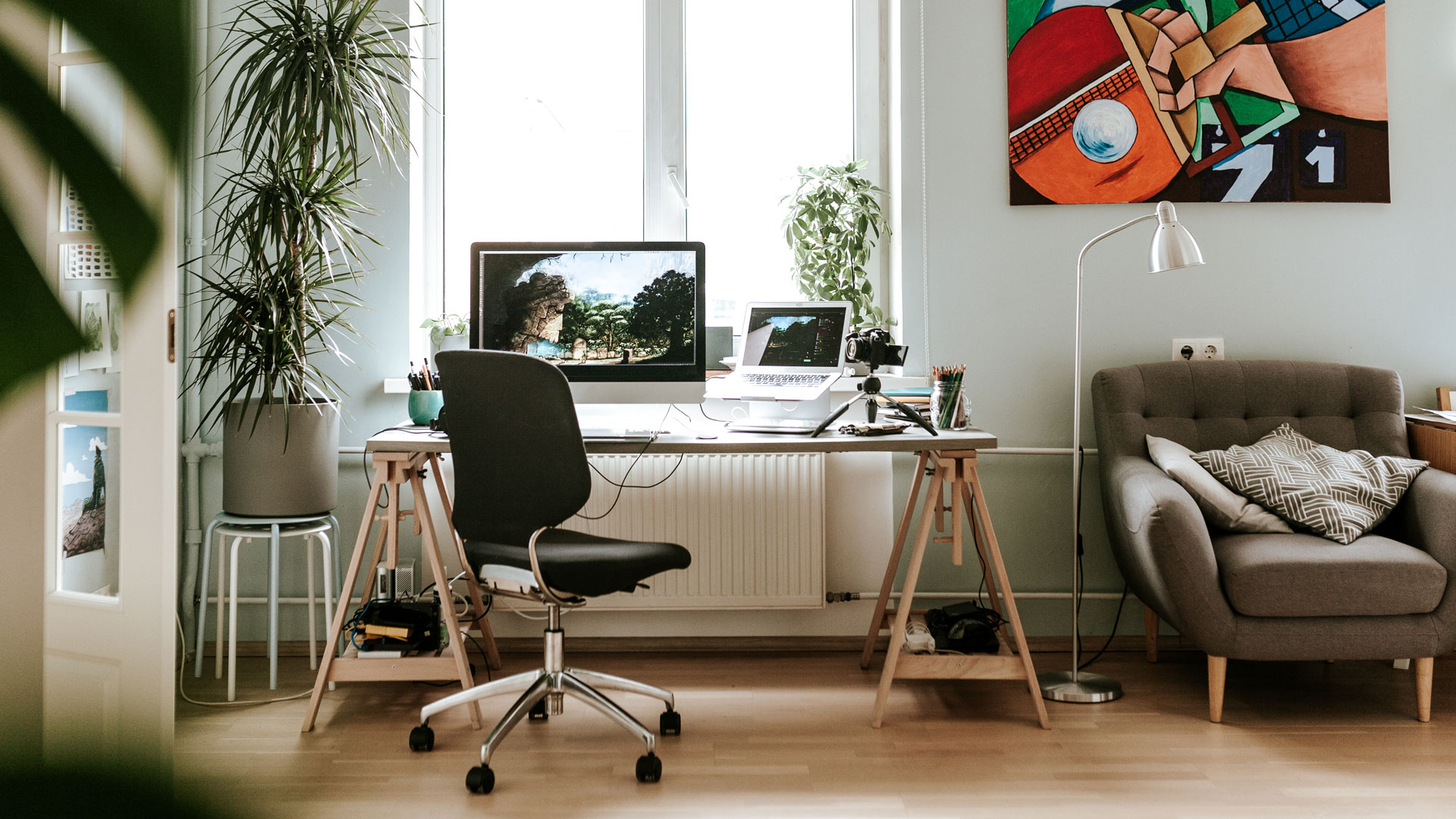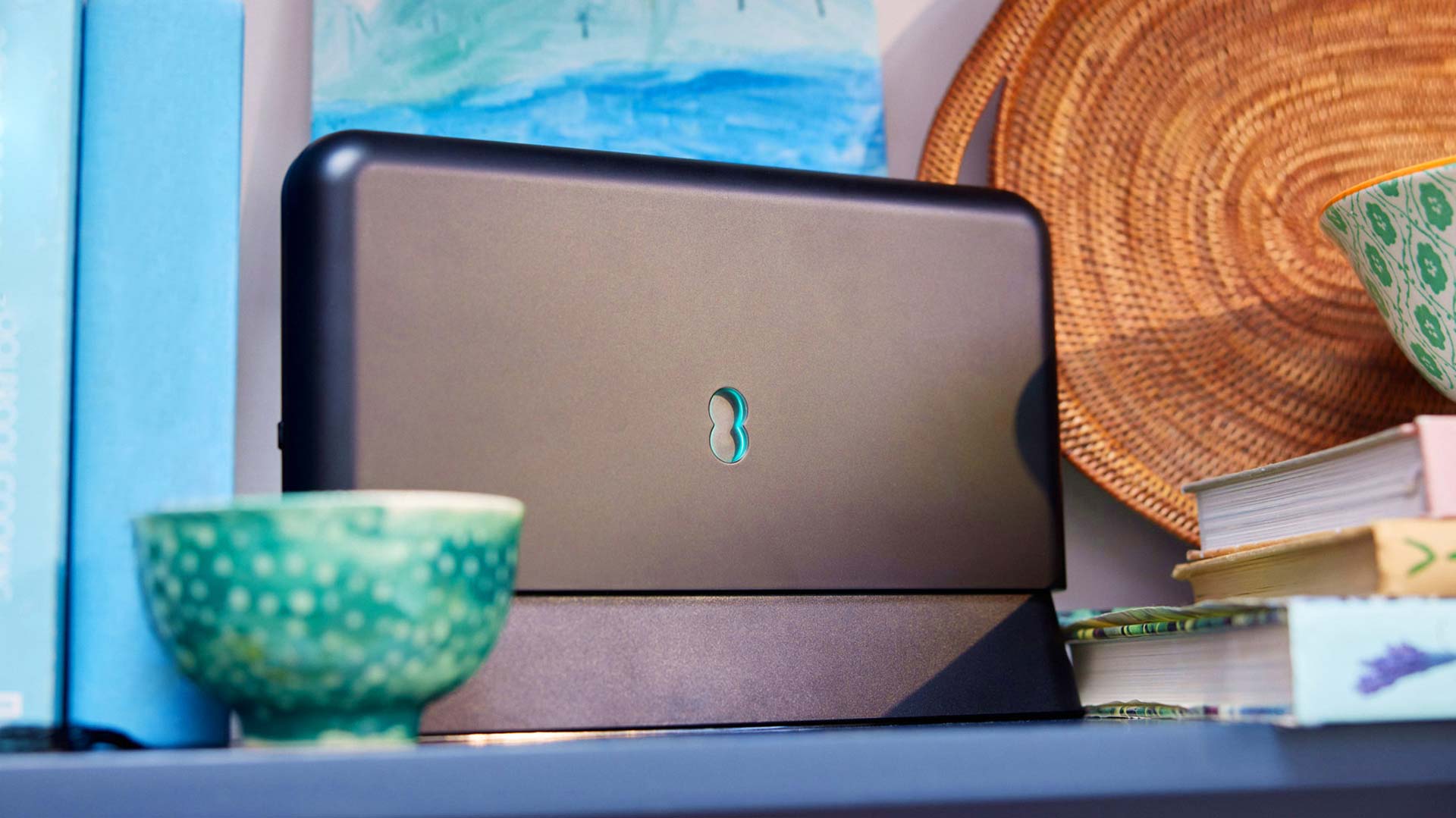
Working from home has become a part of life these days, with more of us splitting our time between days at the office and those logging on from our spare rooms or kitchens. There are huge benefits to working from home, not least the lack of commute, but is it really better than being in the office?
As much as I love my home set-up, I’ve certainly had days when I’d rather be at my office desk and it normally comes down to the internet. All of that WFH productivity can come crashing down if your WiFi suddenly dies and your browser is left spinning.
Video calls can be particularly taxing on your connection, and there’s nothing worse than getting a glitchy image when you’re trying to have a serious work meeting. There are certain times of day that can be a bigger issue too, especially if other people in the house are using the internet too – whether that’s to do their own work, or stream videos or play games.
Get up to speed
Perhaps the most important thing to consider about your internet connection is the speed of your broadband connection. If you’re working from home and doing regular video calls, you’ll want to go faster than a basic cable connection. Faster broadband speeds of 60Mbs and above are available in most locations across the country, while new fibre offerings can go even faster.
EE’s Full Fibre packages can offer up to 1.6Gbs speeds in some areas. Not only does fibre provide a faster and more stable connection, but that extra bandwidth means that you can have more devices connected to your network without slowing it down. That’s particularly handy when everyone else gets home.

Set your workspace
There’s a lot to be said for an office desk and chair for a long day’s work in terms of comfort. When working from home, don’t just take your laptop to the sofa to work. It might be comfy for watching the telly, but after hours of typing you’ll soon be aching. Find a place that you can use as a makeshift office, whether it’s a spare room or a kitchen table, and try to set it up as you would in the office. Plugging your laptop into a monitor can help to raise your vision, or use a laptop stand instead.
Let your WiFi play favourites
If you’re the one working, your internet connection should be more important than anyone else in the house, so needs to be given priority. Your router can manage all the devices connected to it, and optimise your network to give priority to your work traffic.
Then, if things start to get a little clogged up, the devices given priority will take precedence over any others. This means that no matter how many other devices you have vying for your internet, your work calls remain unaffected.

Keep regular hours
There’s a temptation when working from home to just keep on working past your normal time, as you don’t have to worry about that commute. It’s important though to still have an end time to your day, and to take your regular breaks. If you don’t, you’ll end up more burnt out than if you were in the office. Get up and move away from your machine at lunch and when you finish – if you’re working in a spare room, leave it and close the door. It will put you in a better mind space that the working day is over. Use your smart speaker to set alarms to remind you, so you don’t lose track of time.
Can EE solve all of your working-from-home problems?
The great thing about working from home is that you can easily manage those daily tasks alongside your job. It means you’re home for those deliveries and can stick a wash on while you have your lunch. Sure, your workspace might be a little makeshift and the watercooler chats with your dog just don’t have the same response as your workmates in the office, but nowhere is perfect.
With fast and reliable internet though, EE can certainly solve one of the biggest gripes for those working from home. Now if it could only remind me to make myself something more wholesome for lunch than leftover pizza, it would be perfect.
Visit ee.co.uk/work to find out more.







